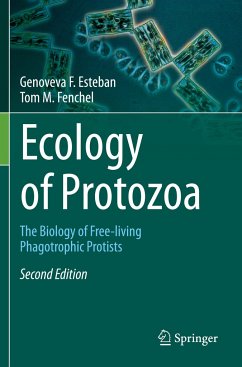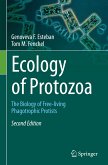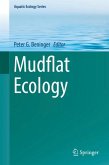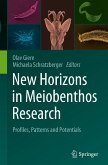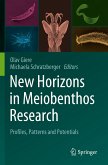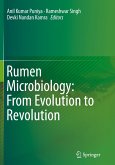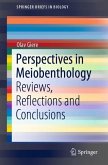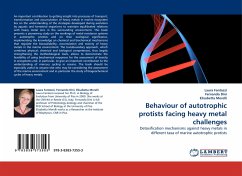This book emphasises the important role that protozoa play in many natural ecosystems. To shed new light on their individual adaptive skills, the respective chapters examine the ecology and functional biology of this diverse group of eukaryotic microbes. Protozoa are well-established model organisms that exemplify many general problems in population ecology and community ecology, as well as evolutionary biology. Their particular characteristics, like large population sizes, life cycles and motile sensory behaviour, have a profound impact on their survival, distribution, and interaction with other species. Thus, readers will also be introduced to protozoan habitats in a broad range of environments.
Even though this group of unicellular organisms is highly diverse, the authors focus on shared ecological patterns. Students and scientists working in the areas of eukaryotic microbiology and ecology will appreciate this updated and revised 2nd Edition as a valuable reference guide to the "lifestyles" of protozoa.
Even though this group of unicellular organisms is highly diverse, the authors focus on shared ecological patterns. Students and scientists working in the areas of eukaryotic microbiology and ecology will appreciate this updated and revised 2nd Edition as a valuable reference guide to the "lifestyles" of protozoa.

